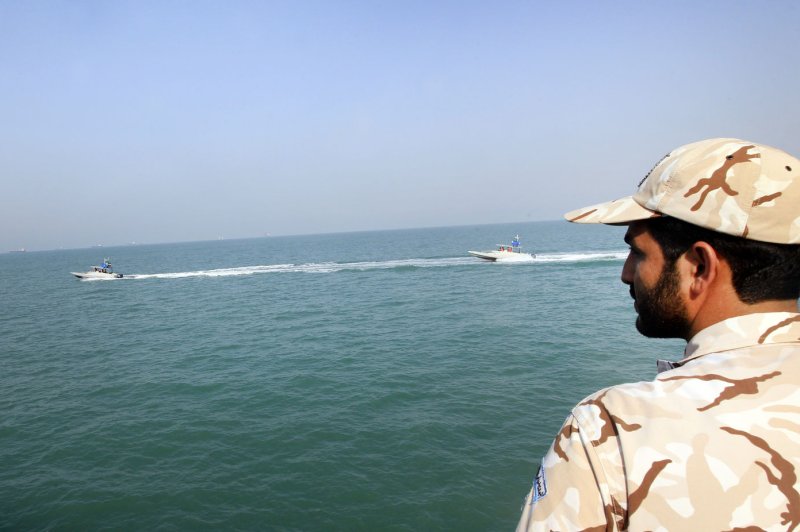A World Bank report finds slow growth for Persian Gulf economies, though momentum up against a variety of risks. File photo by Maryam Rahmanian/UPI. |
License Photo
June 16 (UPI) -- Geopolitical risks, as well as U.S. economic and energy sector influences, could undercut growth for Persian Gulf countries, the World Bank said.
A World Bank report on the economies for members of the Gulf Cooperation Council finds aggregate growth expands from 1.3 percent this year to 2.6 percent in 2019. A regional economic report, the first for the bank, said oil prices should hold steady and support growth in the region, but nowhere near the levels from 2014, when the global benchmark for the price of oil, Brent, was more than twice the current level.
Nadir Mohammed, the GCC director at the World Bank, said some energy market recovery is supporting regional growth with the help of improvements in the non-oil sector.
"That's good for public finances across the region, and providing space to governments to focus on long term challenges," he said in a statement.
The report comes amid emerging divisions in GCC member states over alleged terrorism support from Qatar. Saudi Arabia earlier this month led a coalition of Middle East countries in severing ties with Qatar, adding a layer of geopolitical risk to the global energy market. Saudi Arabia is the largest oil producer in the Organization of Petroleum Exporting Countries, Qatar is a leading natural gas supplier and the Persian Gulf is a choke point for the flow of energy supplies from the region.
The World Bank said it expected crude oil prices to average $55 per barrel for the year, which should provide a level of support for GCC economies. That same price level is supporting what the bank described as "nimble" producers in U.S. shale basins, which undercuts OPEC efforts to balance the market through managed declines in output.
External factors, meanwhile, like U.S. Federal Reserve moves to raise short-term interest rates and additional global geopolitical risks, create an uncertain future for the GCC.
"Over the medium- to long-term, global climate mitigation efforts make for an increasingly uncertain outlook," the World Bank's report read.















